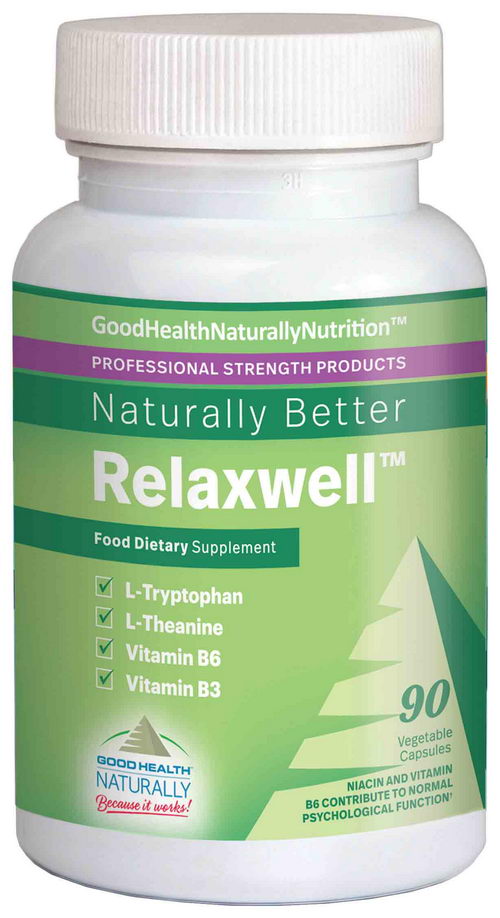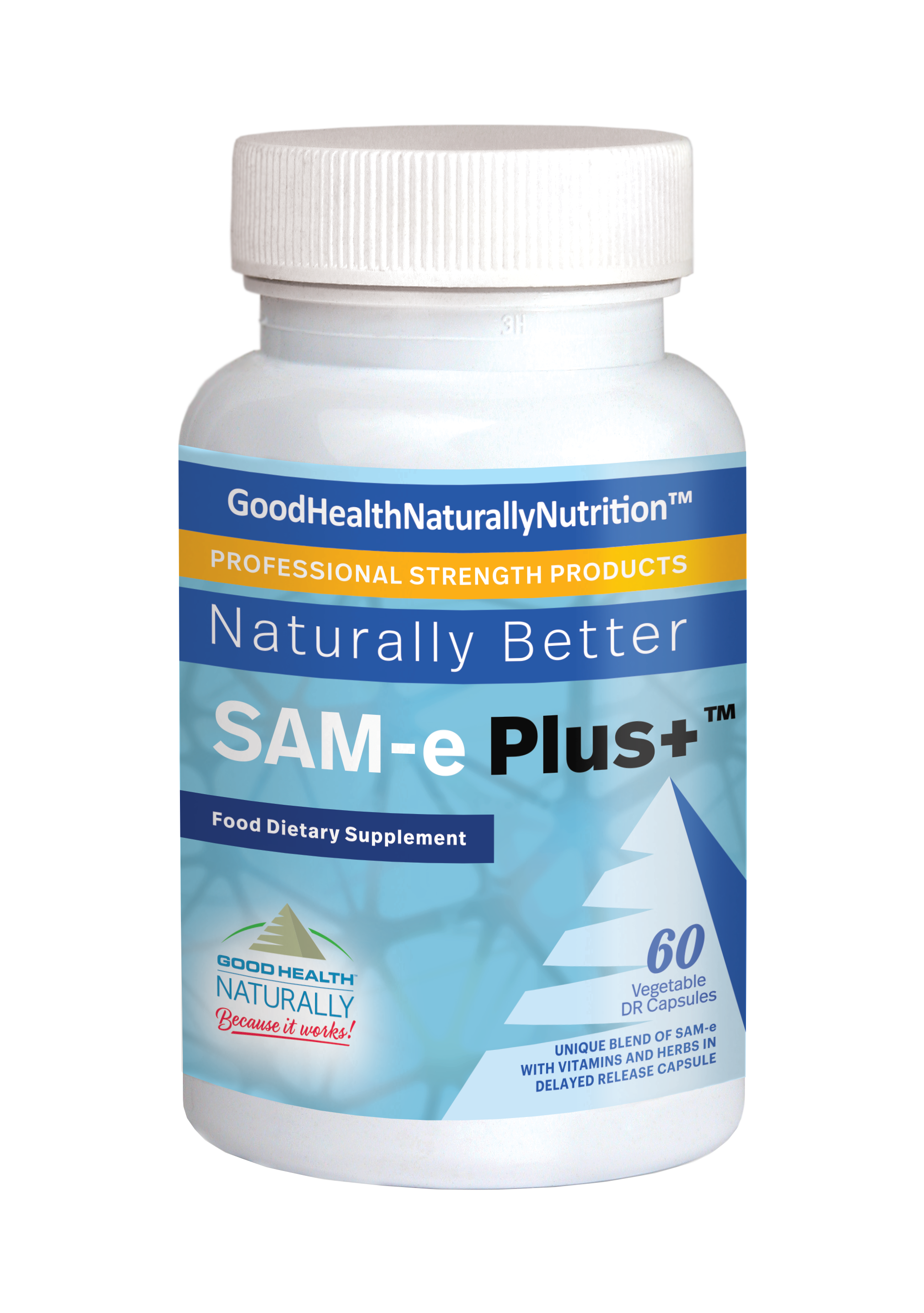Stress and anxiety often go together in modern society, as many of us are working longer hours, dealing with more distractions and feeling less connected to each other than ever before. As a result we are more likely to suffer from acute stress or anxiety and this in turns affects the quality of our wellness and overall longevity.
The effects of constant stress on a deep lying area of the brain have been shown to increase the risk of heart attack according to a study in the Lancet. The study of over 300 people found that those people with a higher activity in the amygdala were more likely to develop cardiovascular disease and at a much faster rate.
US researchers meanwhile claim that stress could be the primary risk factor and just as important as smoking and high blood pressure. This news has lead heart experts to believe that at-risk patients should receive support to help them with managing stress. Emotional stress has been linked to an increased risk of cardiovascular disease (CVD) and this affects the heart and cardiovascular system in a way that may not have been properly understood. The study published in The Lancet and led by a team from Harvard Medical School points to heightened activity in the amygdala – the part of the brain where emotions such as fear and anger are processed, to explain this link.
Researchers have also suggested that the amygdala can send signals to the bone marrow and this produces extra white blood cells that can act on the arteries and cause them to become inflamed, eventually leading to angina, heart attacks and strokes. It therefore appears that stress can play an important role in cardiovascular events.
Your Emotional Health Could Be Killing You
More alarmingly, researchers have also discovered that it’s possible to die from a broken heart as the symptoms are very similar to a heart attack, including chest pain and shortness of breath. The main difference is that it only requires extreme shock or stress to trigger it, causing a dramatic rise or change in blood pressure. Losing a loved one is known as the ‘Bereavement Effect’ and there is evidence to suggest that spousal illness can increase the partner’s mortality risk.
A study from 2006 published in the New England Journal of Medicine (NEJM) found that the risk of death increased after a partner was hospitalised and some ailments had more of an effect than others. There are also many interesting links between mental and cardio health, indicating that people who have untreated depression or anxiety disorder have increased risk of developing heart disease or having a heart attack.
To reduce any risk, it’s vital therefore to take care of any symptoms as they arise and when it comes to heart health, prevention is better than the cure.
Here are some good wellness tips to stay healthy in the long-term…
- Practicing a short 5-10 minute meditation can help to provide stress relief, calming anxiety and troubled thoughts, bringing peace of mind.
- Practice gratitude on a daily basis as studies show this can train your mind to find the positive and to seek personal growth in any situation.
- Walk daily as studies show regular exercise can boost endorphins, while also showing a significant reduction in mortality when walking over 20km per week.
- Keep connecting with friends and family as relating with people can encourage us to feel happy.
- Learning new things and focusing on your self-development can help you to keep growing and become a more knowledgeable and secure person
- Have a larger life purpose and be part of something bigger than yourself.
You can also improve your health by adding the following nutrients into your health and wellness regime:
L-Tryptophan is an essential amino acid that after being absorbed in the body, is converted into 5-HTP (5-hyrdoxytryptophan) and then into Serotonin. This is a hormone that transmits signals between nerve cells, along with causing blood vessels to narrow. Changes in serotonin levels within the brain can also affect on our moods.
Ashwagandha Root Extract is an adaptogenic herb that can help with lowering cortisol levels and reducing anxiety and depression, while boosting immunity.
SAM-e (S-adenosyl-l-methionine) plays a central part in all bodily processes. It provides excellent support for stress and anxiety relief, along with balancing moods.
Recommended Examples
 RelaxWell™ – Contains L-Tryptophan, L-Theanine and Vitamins B3 and B6. This unique strength formulation can help with stress relief, while supporting sleep and relaxation.
RelaxWell™ – Contains L-Tryptophan, L-Theanine and Vitamins B3 and B6. This unique strength formulation can help with stress relief, while supporting sleep and relaxation.
 SAM-e Plus+™ – Known as SAM-e (S-adenosyl-l-methionine), it provides good support for stress and anxiety while keeping hormones balanced.
SAM-e Plus+™ – Known as SAM-e (S-adenosyl-l-methionine), it provides good support for stress and anxiety while keeping hormones balanced.





